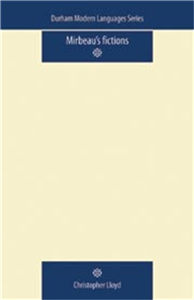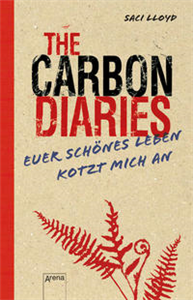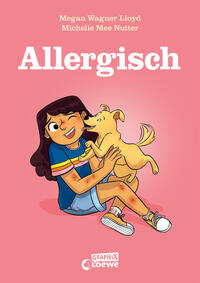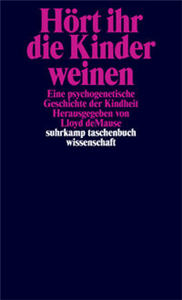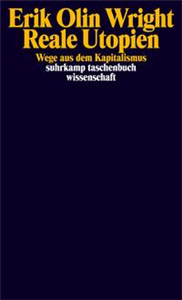Understanding film, television and radio comedy
Laughing Matters takes an analytic approach to film, television and radio comedy and provides an accessible overview of its forms and contexts. The introduction explains the value of studying comedy, concisely outlines the approach taken and summarises the relevant theories. The subsequent chapters are divided into two parts. The first part examines the specific forms comedy has taken as a constant and key element in film and broadcast comedy from their origins to the present. The second part shows how the genre gravitates towards contentious issues in British and American culture as it finds humour in the boundaries of class, gender, sexuality, race and logic. The authors cover silent cinema comedy including Chaplin, Lloyd and Keaton, sound film comedies including the Marx Brothers and Laurel and Hardy, Romantic film comedy, radio, television situation and sketch comedy, comedy and genre (including parody and spoof), animations from cartoons to CGI, issues of gender and sexuality from drag comedy to queer reading, issues of taste and humour from Carry On to contemporary 'gross-out' , and issues of race and ethnicity including a case study of African-American screen comedy. Numerous opportunities for following up are highlighted and advice on further reading, writing academically about comedy and an extensive bibliography add to the value of this textbook. ;








